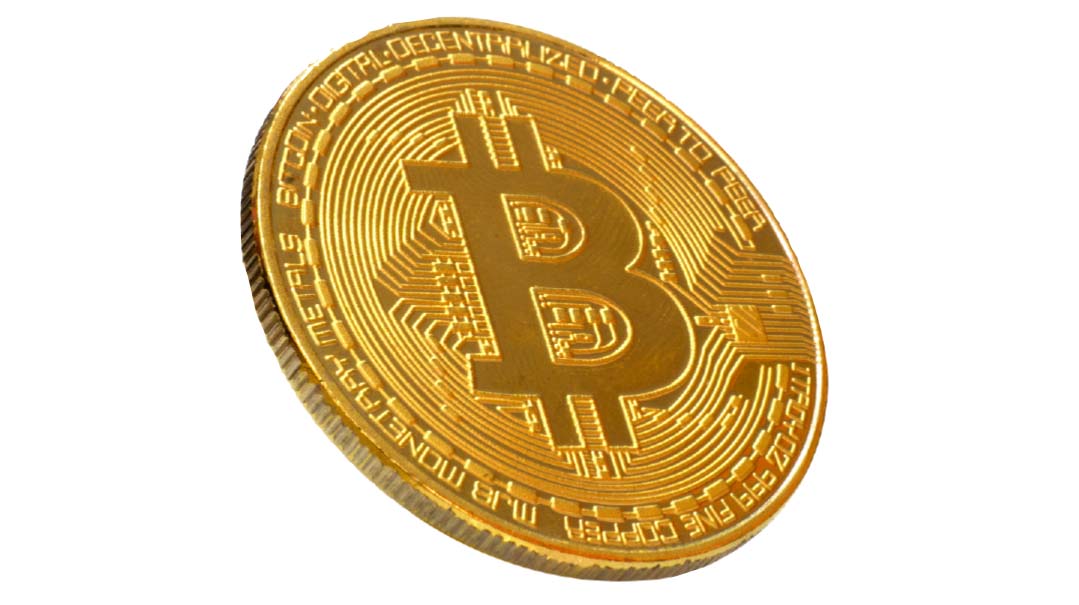Bitcoin Surges — But How Real Is It?

Basically, bitcoin’s volatility means that its rise won’t be linear, and at times it will crash badly

As of Sunday this week, the price of Bitcoin had topped $60,000. The volatile currency is gaining traction across the world, despite its not being usable in the conventional sense — you can’t take it to the supermarket to buy milk.
The currency’s latest surge came when Wall Street designated it an exchange-traded fund (ETF), which allows investors to trade in the currency indirectly, without actually owning any. It was another milestone in the gradual mainstreaming of a currency that until very recently was viewed as an esoteric, futuristic asset with no practical use.
Bitcoin’s surge is even more impressive given that China has imposed a series of restrictions on mining and trading the currency over the past few months. Although it is now almost impossible for Chinese to buy, trade, or mine bitcoin, the currency grows daily. And on September 7, El Salvador became the first country to adopt bitcoin as a legal currency.
Of course, many people invested in bitcoin last year in hopes of getting rich quickly, only for its price to tumble 50 percent in May. Basically, bitcoin’s volatility means that its rise won’t be linear, and at times it will crash badly. So what is an investor to do?
An Israeli crypto advisor, who asked to be identified only as Nir, told Mishpacha, “Bitcoin has long ceased to be the province of computer geeks living in basements. It has become a trillion-dollar market. Some of the richest people on the planet have invested in it.”
And indeed, hedge funds have recently started adding cryptocurrencies to their portfolios of stocks, bonds, and foreign currencies, and this trend is expected to intensify. A June Financial Times article predicts that within five years, hedge funds will invest an average 7 percent of their assets in cryptocurrencies.
Nir says that it will be “a political decision for each country” as to whether you’ll be able to pay your electricity bill with bitcoin. El Salvador’s decision to adopt it as a legal currency is, in Nir’s view, “tangential.” Much more dramatic, he says, is Visa’s decision to base a payment system on Ethereum, another cryptocurrency. China’s decision to ban bitcoin “won’t affect the currency’s worldwide value.”
So, I asked Nir: When can we expect bitcoin’s price to stabilize and become less volatile, like gold?
“The price of crypto in general and bitcoin in particular will become less volatile the more people invest in it,” he says. “You can see with newer, more fragile currencies that the moment Elon Musk mentions them on Twitter, their price surges by 400 percent. The more entrenched currencies, though, fluctuate less sharply. One can already cautiously assert that bitcoin is less volatile than it was two or three years ago.”
So what’s Nir’s advice to potential investors?
“When you invest in a speculative asset, you need to take into account the possibility that its value could plummet,” he says. “My question for investors is — what’s an amount that you can afford to lose? For some people it’s $100, for others it’s $100,000. But it’s the same principle. Bitcoin should be just one element of your portfolio. I wouldn’t invest all my worth in it, and I wouldn’t approach it as a gamble to double your wealth in two months.”
(Originally featured in Mishpacha, Issue 882)
Oops! We could not locate your form.







